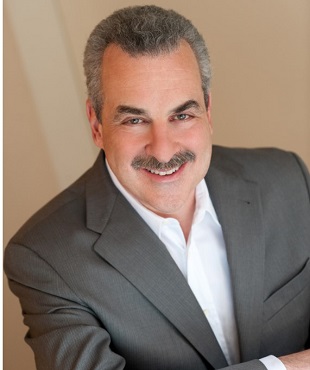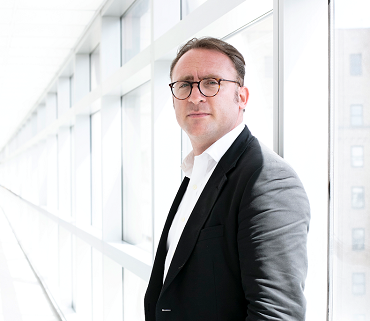The Psychological Effects of a Year Living with Covid-19
Anna Kynthia Bousdoukou
On Wednesday, 16 December, the SNF Dialogues hosted a live webcast on the pandemic’s effects on our mental health.
Andreas Dracopoulos
Discussing the attitude of the international community toward mental health needs and experts, Andreas Dracopoulos noted, “It falls on leadership—not only on health leaders but also political leaders—to help highlight mental health in a broader context. This moment offers an opportunity to take the necessary steps to strengthen mental health infrastructure.”
Related to the SNF’s support for expanding high-dependency and intensive care unit capacity in Greek hospitals, Dracopoulos emphasized, “These needs don’t only apply today, but are about being better prepared for the future. Through the SNF’s global Covid-19 relief initiative, and also through our ongoing Health Initiative, we aim to help bolster health infrastructure in Greece.”
Our psyche is a product of dialogue, as, from the moment that we are born, we are part of a relationship. There is no ‘I’ without an ‘other.’ From this initial condition derive the difficulties, but also the beauty, that shape the adventures of our psyche.

Foteini Tsalikoglou, Author and Professor of Psychology at Panteion University
Foteini Tsalikoglou
Parsing the unprecedented circumstances that we are living through, Foteini Tsalikoglou asserted that “the typical reality that we are experiencing brings us in contact with very bright, but also very dark, parts of our psyche. We have woken up to a different world…. In the midst of the pandemic, the meaning of what it is to be human is being tested, along with what it means to exist in this world…. We must face our fears head-on.”
Tsalikoglou also discussed the tragic increase in domestic violence cases in Greece, in recent months, and the need to interrupt a pattern of harmful behaviors, including addiction, exacerbated by the pandemic. When asked how and when she thinks we will be able to return to normalcy, she responded, “Normalcy is a fluid concept. ‘Normal’ is not a given. It is worth thinking about our previous ‘normal,’ that we are now striving for, in terms of the gaps and inequalities that it has established. It is not, in itself, an ideal state. A huge benefit of this pandemic is the collapse of the myth of the omnipotent individual that has been encouraged by our culture.” As for the post-pandemic future, she predicted, “When this pandemic is over, perhaps it will have helped us get rid of the tyranny of this miserable and false version of happiness, which banishes imperfection, vulnerability, and deficiencies—everything that makes us human.”
Foteini Tsalikoglou
In an interview for the SNF Dialogues, Sander Markx, Director of Precision Psychiatry at Columbia University in New York, underscored how the threat posed by the coronavirus affects mental health. “The pandemic isolated us; we lost our daily social contacts. This leads to higher rates of stress and depression. Those who already experienced mental health issues before this reality will see a deterioration. Therefore, both the healthy and the mentally ill have been dramatically affected…. Mental health is a fragile thing, and the impact of the pandemic was even greater than what many people think.”
Interview of Sander Markx
Harold Koplewicz, President and Medical Director of the Child Mind Institute in New York, addressed the effects of this year on children. “It is important to understand that, before the coronavirus, one in five children faced mental disorders. The stress caused by the pandemic has an effect on the mental health of almost every child. We are worried that their morale will drop, that they are starting to lose hope that things will improve. As parents and as doctors, we need to guide them, step by step…. We were not prepared for a global pandemic. But, now, we must prepare for dealing with a wave of stress and anxiety. People and society must prioritize the mental health of children and adolescents because of the coronavirus.”
Interview of Harold Koplewich
In Brief
The SNF Dialogues are curated and moderated by Anna-Kynthia Bousdoukou and are held through the journalism non-profit organization iMEdD (incubator for Media Education and Development).
*The opinions expressed by Dialogues participants, whether officially representing institutions and organizations or themselves alone, at events, in articles, or in other audiovisual media are solely their own and do not necessarily represent the views of the Stavros Niarchos Foundation (SNF) or iMEdD. Speakers’ remarks are made freely, without prior guidance or intervention from the team.




